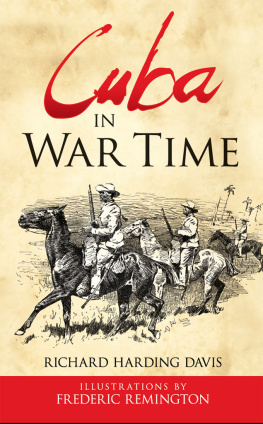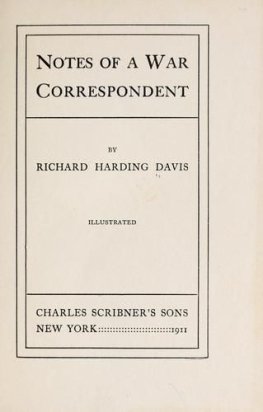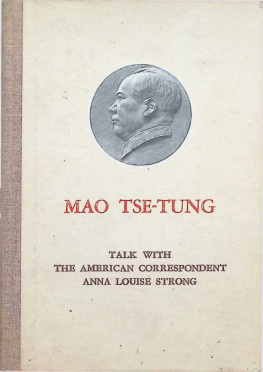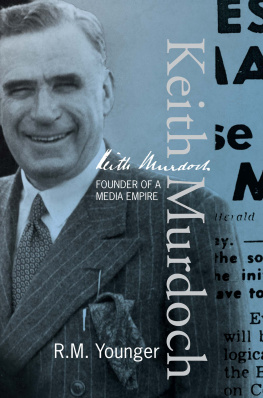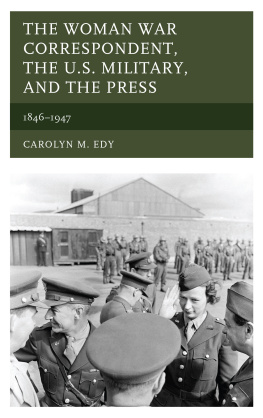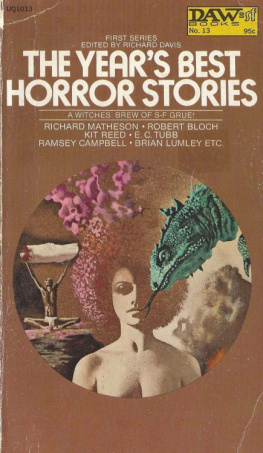THE CUBAN-SPANISH WAR: THE DEATH OF RODRIGUEZ
Adolfo Rodriguez was the only son of a Cuban farmer, who lived nine miles outside of Santa Clara, beyond the hills that surround that city to the north.
When the revolution in Cuba broke out young Rodriguez joined the insurgents, leaving his father and mother and two sisters at the farm. He was taken, in December of 1896, by a force of the Guardia Civile, the corps dlite of the Spanish army, and defended himself when they tried to capture him, wounding three of them with his machete.
He was tried by a military court for bearing arms against the government, and sentenced to be shot by a fusillade some morning before sunrise.
Previous to execution he was confined in the military prison of Santa Clara with thirty other insurgents, all of whom were sentenced to be shot, one after the other, on mornings following the execution of Rodriguez.
His execution took place the morning of the 19th of January, 1897, at a place a half-mile distant from the city, on the great plain that stretches from the forts out to the hills, beyond which Rodriguez had lived for nineteen years. At the time of his death he was twenty years old.
I witnessed his execution, and what follows is an account of the way he went to his death. The young mans friends could not be present, for it was impossible for them to show themselves in that crowd and that place with wisdom or without distress, and I like to think that, although Rodriguez could not know it, there was one person present when he died who felt keenly for him, and who was a sympathetic though unwilling spectator.
There had been a full moon the night preceding the execution, and when the squad of soldiers marched from town it was still shining brightly through the mists. It lighted a plain two miles in extent, broken by ridges and gullies and covered with thick, high grass, and with bunches of cactus and palmetto. In the hollow of the ridges the mist lay like broad lakes of water, and on one side of the plain stood the walls of the old town. On the other rose hills covered with royal palms that showed white in the moonlight, like hundreds of marble columns. A line of tiny camp-fires that the sentries had built during the night stretched between the forts at regular intervals and burned clearly.
But as the light grew stronger and the moonlight faded these were stamped out, and when the soldiers came in force the moon was a white ball in the sky, without radiance, the fires had sunk to ashes, and the sun had not yet risen.
So even when the men were formed into three sides of a hollow square, they were scarcely able to distinguish one another in the uncertain light of the morning.
There were about three hundred soldiers in the formation. They belonged to the volunteers, and they deployed upon the plain with their band in front playing a jaunty quickstep, while their officers galloped from one side to the other through the grass, seeking a suitable place for the execution. Outside the line the band still played merrily.
A few men and boys, who had been dragged out of their beds by the music, moved about the ridges behind the soldiers, half-clothed, unshaven, sleepy-eyed, yawning, stretching themselves nervously and shivering in the cool, damp air of the morning.
Either owing to discipline or on account of the nature of their errand, or because the men were still but half awake, there was no talking in the ranks, and the soldiers stood motionless, leaning on their rifles, with their backs turned to the town, looking out across the plain to the hills.
The men in the crowd behind them were also grimly silent. They knew that whatever they might say would be twisted into a word of sympathy for the condemned man or a protest against the government. So no one spoke; even the officers gave their orders in gruff whispers, and the men in the crowd did not mix together, but looked suspiciously at one another and kept apart.
As the light increased a mass of people came hurrying from the town with two black figures leading them, and the soldiers drew up at attention, and part of the double line fell back and left an opening in the square.
With us a condemned man walks only the short distance from his cell to the scaffold or the electric chair, shielded from sight by the prison walls, and it often occurs even then that the short journey is too much for his strength and courage.
But the Spaniards on this morning made the prisoner walk for over a half-mile across the broken surface of the fields. I expected to find the man, no matter what his strength at other times might be, stumbling and faltering on this cruel journey; but as he came nearer I saw that he led all the others, that the priests on either side of him were taking two steps to his one, and that they were tripping on their gowns and stumbling over the hollows in their efforts to keep pace with him as he walked, erect and soldierly, at a quick step in advance of them.
He had a handsome, gentle face of the peasant type, a light, pointed beard, great wistful eyes, and a mass of curly black hair. He was shockingly young for such a sacrifice, and looked more like a Neapolitan than a Cuban. You could imagine him sitting on the quay at Naples or Genoa lolling in the sun and showing his white teeth when he laughed. Around his neck, hanging outside his linen blouse, he wore a new scapular.
It seems a petty thing to have been pleased with at such a time, but I confess to have felt a thrill of satisfaction when I saw, as the Cuban passed me, that he held a cigarette between his lips, not arrogantly nor with bravado, but with the nonchalance of a man who meets his punishment fearlessly, and who will let his enemies see that they can kill but cannot frighten him.
It was very quickly finished, with rough and, but for one frightful blunder, with merciful swiftness. The crowd fell back when it came to the square, and the condemned man, the priests, and the firing squad of six young volunteers passed in and the line closed behind them.
The officer who had held the cord that bound the Cubans arms behind him and passed across his breast, let it fall on the grass and drew his sword, and Rodriguez dropped his cigarette from his lips and bent and kissed the cross which the priest held up before him.
The elder of the priests moved to one side and prayed rapidly in a loud whisper, while the other, a younger man, walked behind the firing squad and covered his face with his hands. They had both spent the last twelve hours with Rodriguez in the chapel of the prison.
The Cuban walked to where the officer directed him to stand, and turning his back on the square, faced the hills and the road across them, which led to his fathers farm.



